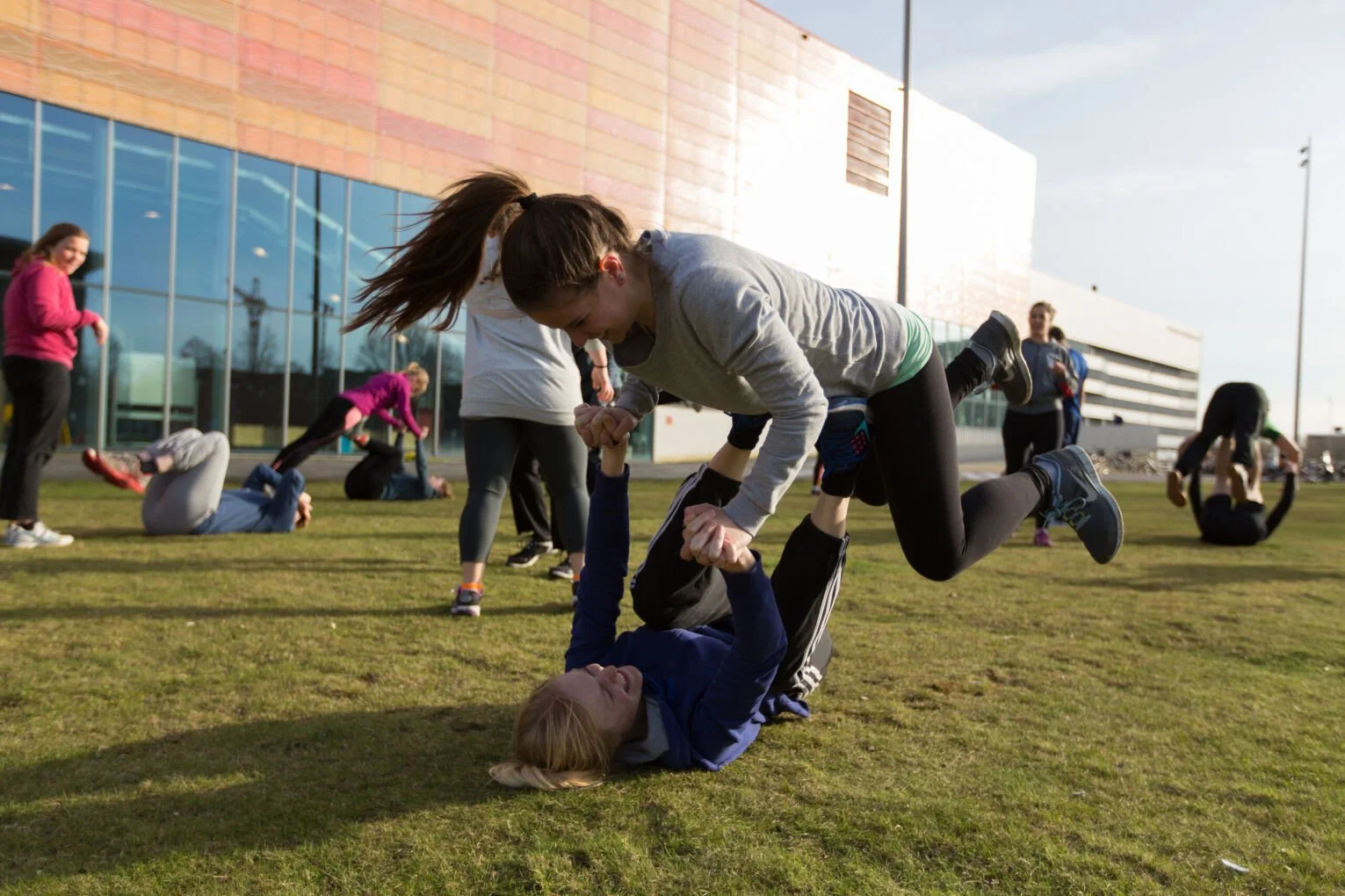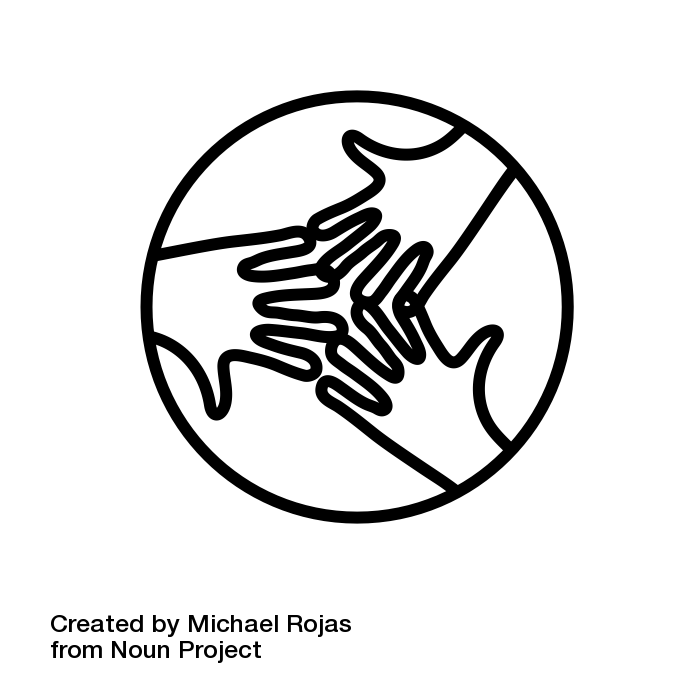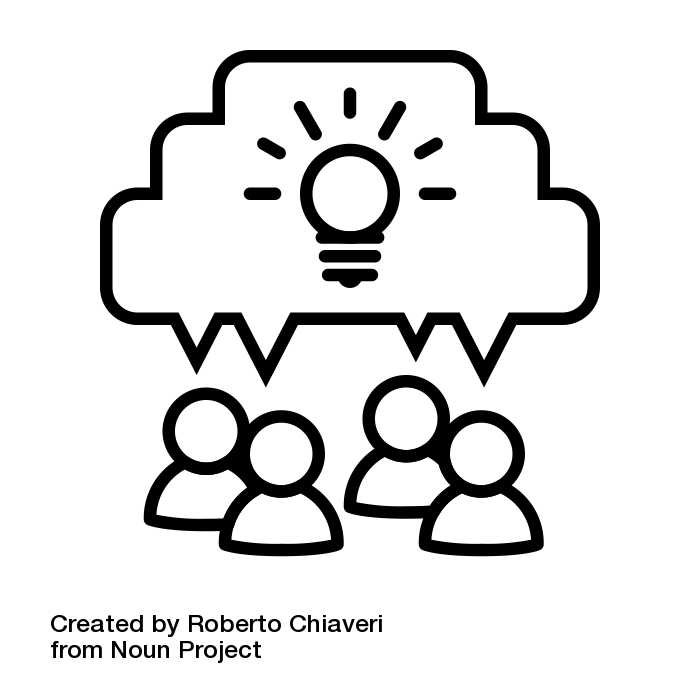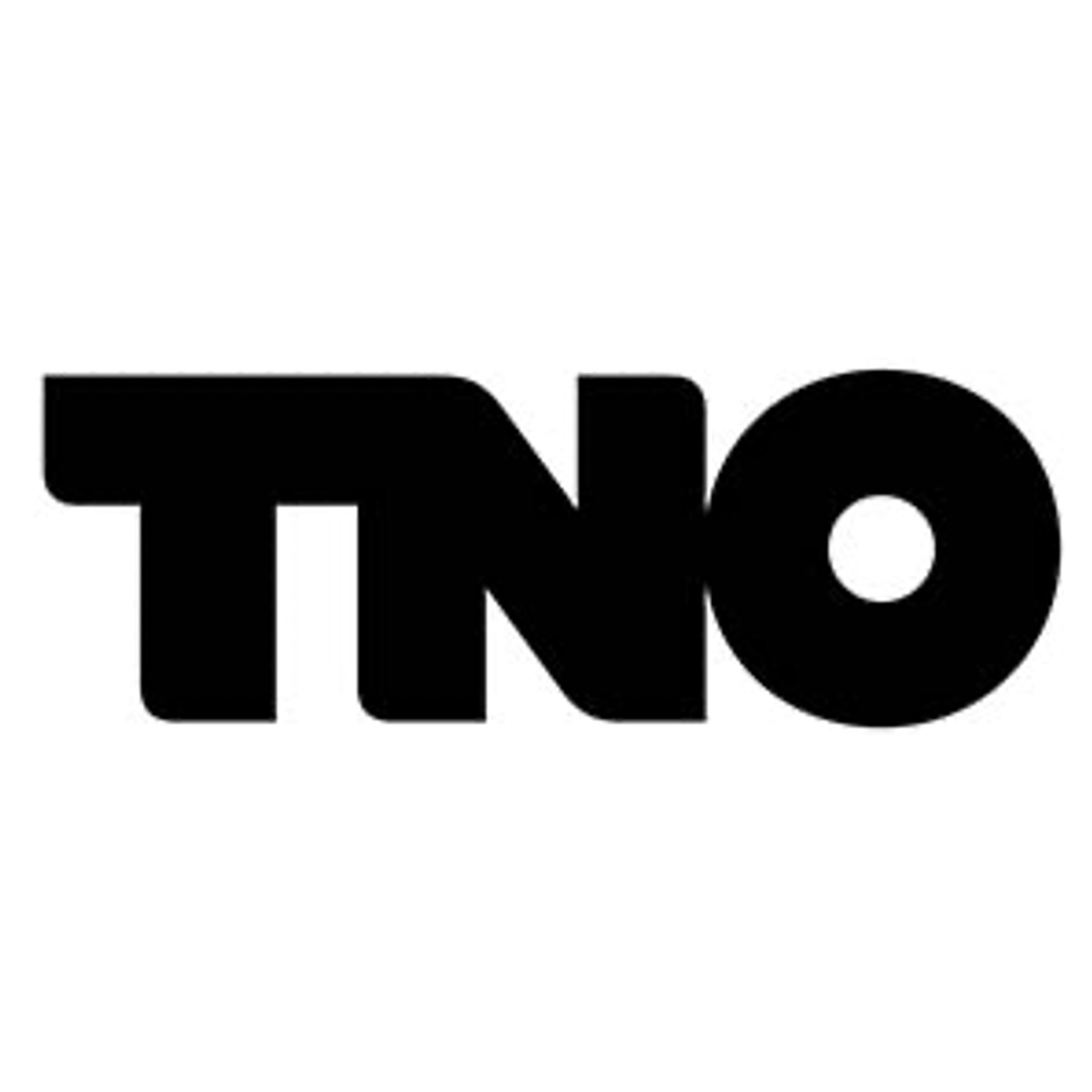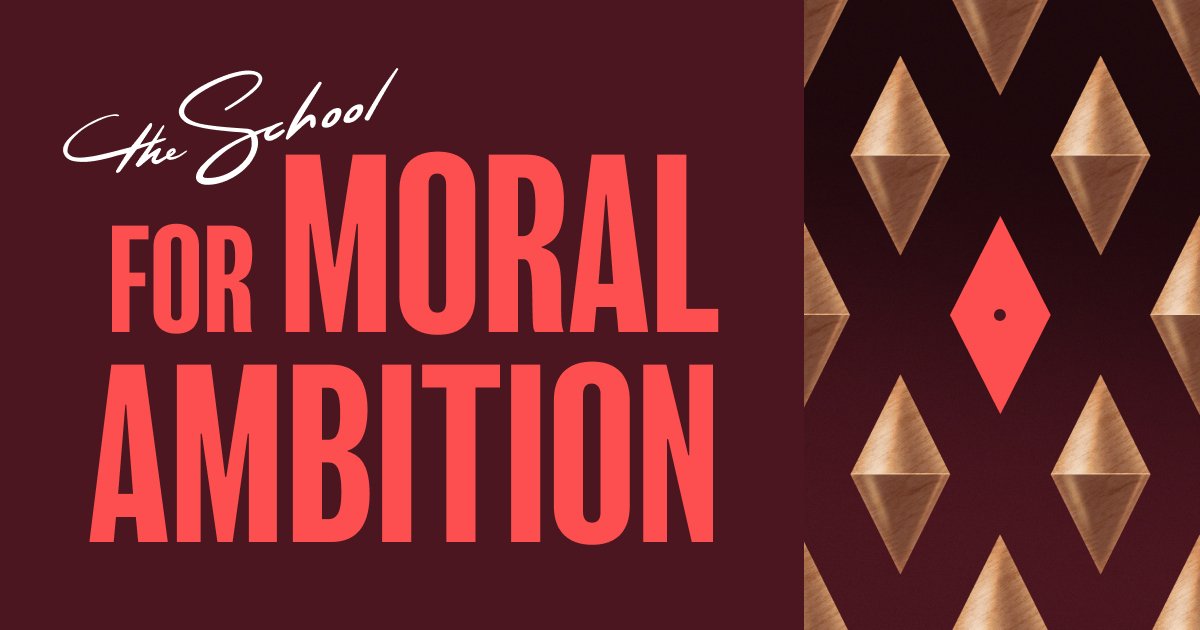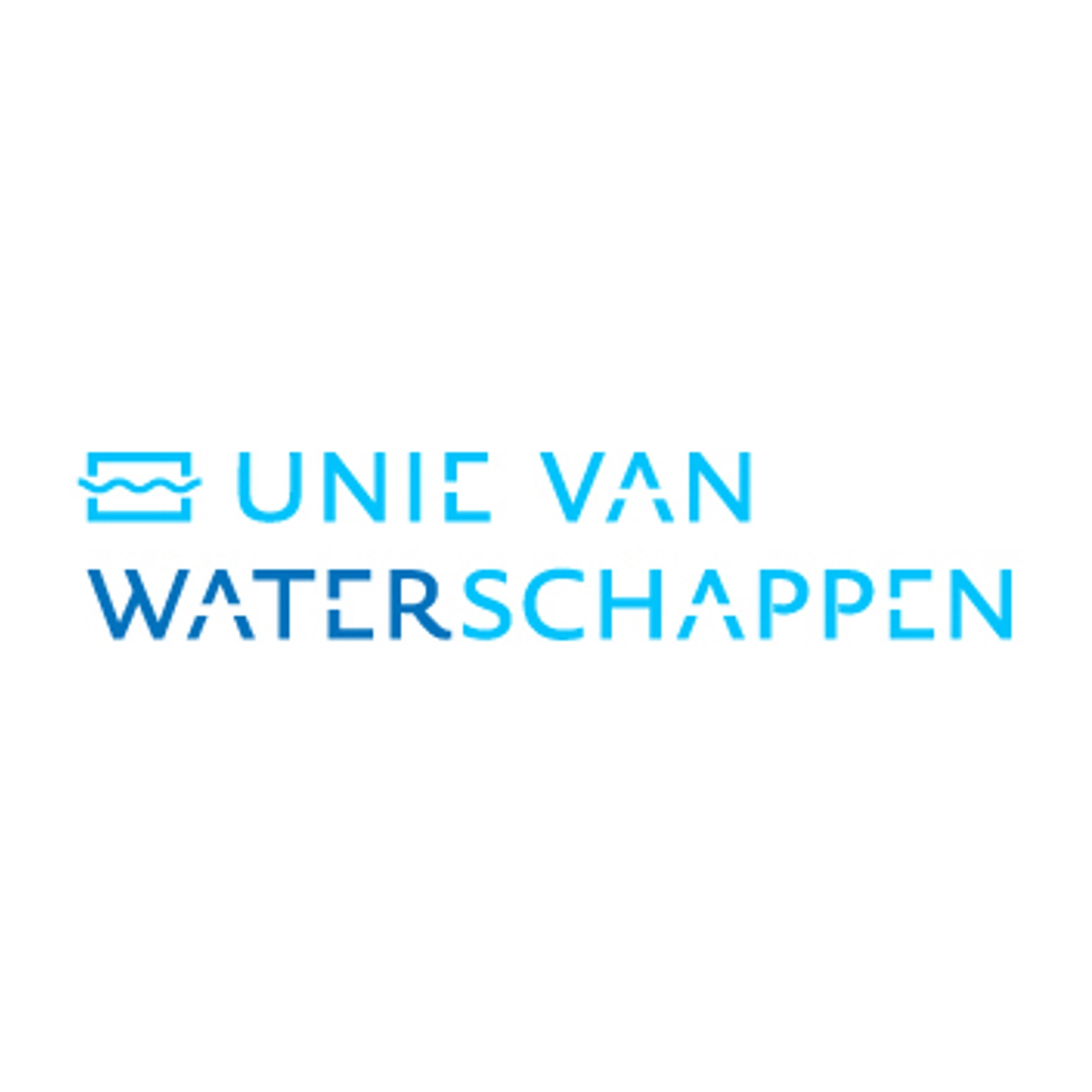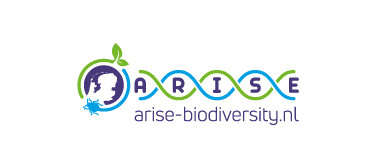Connect your academic Master’s with real-world change and a meaningful career
Collective Futures offers Master’s students an open learning environment where you collaborate with impactful organizations and researchers, discover your talents and apply them directly to today’s pressing issues.
Apply now for our 2026 cohort (Feb 9 - Jul 3).
Why study Collective Futures at UvA?
-
Work That Matters
Join projects that address real societal issues, with partners who are working to make change on the ground.
-
Learning Across Boundaries
Collaborate across fields and cultures, supported by workshops, coaching, and creative practices that broaden your horizon and deepen your understanding.
-
Skills That Last
Grow practical, transferable skills for working with people, complexity, and change. What you learn here will stay relevant wherever your path leads.
-
Supportive Community
Be part of a small, open group where you can experiment, reflect, and learn from what truly motivates you.
-
Personal Growth
Find clarity about what you care about, what you’re good at, and how that can meet what the world needs.
Current projects
About Collective Futures
Today's challenges are too complex for one perspective alone. To make a real difference, we need to collaborate across disciplines, connect with others, and combine imagination with scientific precision.
Collective Futures is designed as a full-time, 30EC program taken alongside your Research Master’s. It complements — rather than interrupts — your academic trajectory. Many students find the transition from academic study to professional life challenging: expectations shift, collaboration becomes central, and the problems you work on rarely fit neatly within a single discipline. This program helps you bridge that gap while you are still studying, so that by the time you graduate you already have practical experience, professional confidence, and a clearer sense of direction.
-
You learn to apply your academic expertise in real-world settings. Many Master’s programs focus on disciplinary depth, but professional life often requires broader framing, stakeholder engagement, and the ability to make sense of messy, interdisciplinary problems.
You gain professional experience before entering the job market. Employers increasingly want graduates who can collaborate, communicate, and navigate complexity — not just those with strong technical skills.
You find clarity about your path. Many students finish their Master’s still uncertain about how to translate their interests into meaningful work. Working on a concrete societal project helps reveal what you’re good at and what interests you.
You develop confidence in working with people from very different backgrounds. This is one of the biggest shifts between university and professional life.
You strengthen your portfolio with tangible impact. Instead of waiting until after graduation to gain practical experience, you integrate it directly into your degree.
Collective Futures gives you the space, support, and challenge to grow into the next phase of your professional life — while still embedded in the safety and freedom of your academic program.
-
Whether you want to work in academia, policy, research institutes, NGOs, or startups, Collective Futures helps you develop skills, vision and connections to make a difference.
In academia: research groups often value our students’ ability to collaborate across disciplines, manage large projects, and bring fresh perspectives to complex issues.
Beyond academia: you’ll leave with experience in systems thinking, creative problem-solving, and teamwork — qualities sought after in a wide range of professional contexts.
Most importantly, you’ll gain clarity about where your talents, values, and ambitions meet the needs of the world — and the confidence to act from there.
-
Collective Futures is a five-month full-time (30EC) minor program at the University of Amsterdam, open to students from any Dutch university enrolled in a two-year Masters program. It takes place each year in the second semester (Feb-Jul).
You will join a diverse team of students and work on a project with collaborators from different fields, such as researchers, public organisations and social enterprises. Together, you will address a pressing societal challenge, drawing on approaches from science, systems thinking, social innovation and consulting.
Beyond project work, you will engage in a rich mix of activities, such as workshops, lectures, coaching, theatre and even sports. You’ll also join a committee with its own budget, giving you the chance to co-organise parts of the programme. All of this is designed to support your personal and professional growth, and prepare you for a career that matters.
What is included in the program?
What will you learn?
What students are saying
93% of students would recommend Collective Futures to a friend or fellow student
Students rated 9.5/10 on “I developed specific skills that are important for my future career”
Students rated 9/10 on the statement “I learned to apply (scientific) knowledge and skills in practice”
*Based on anonymous student evaluations accumulated from 2022 to 2025
“I appreciated the variety in workshops and guest speakers. It was very valuable for me to hear about the careers of others, which choices they made and what they learned. I also liked the group and working in a community.”
— Student from 2025 cohort
“Collective Futures gave me the opportunity to do amazing workshops that both helped me professionally and personally to think wider about what my motivation/meaning is and how does this and me fit in the society and the world.”
— Student from 2023 cohort
“Collective futures was an amazing program which I am very proud to have completed. Jarik and Jelger were especially amazing supervisors - very kind and genuine, while also being very knowledgeable about diverse subject matters.”
— Student from 2024 cohort
“Collective Futures taught me to take initiative, go out of my comfort zone, and try new things without judgement.”
— Student from 2022 cohort
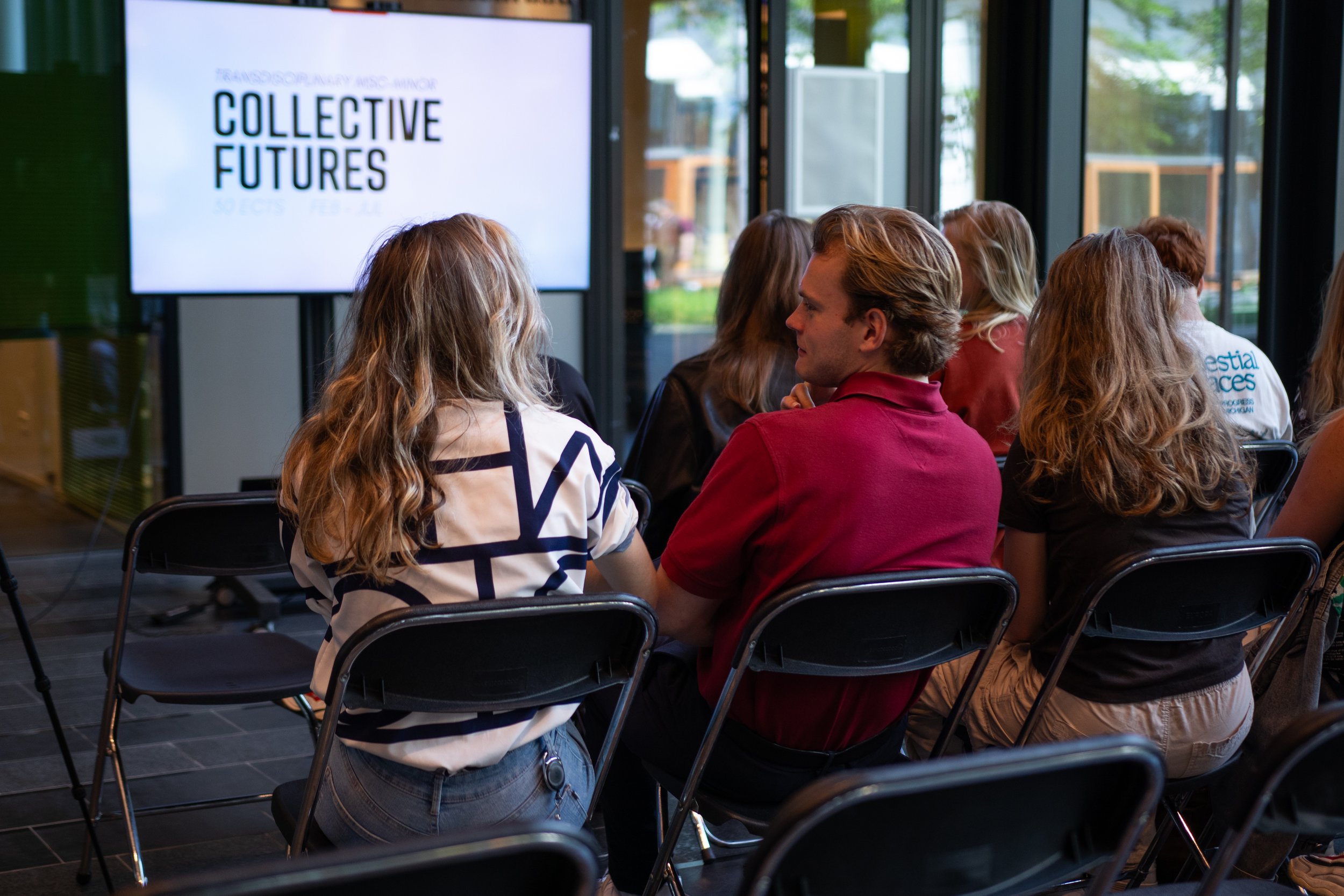
Is Collective Futures for me?
You:
Are enrolled in a two-year Masters program at UvA or any other Dutch university
Seek opportunities to apply your academic background and make a tangible difference
Are excited to collaborate with a partner organization on a real-world societal challenge
Want to embrace the opportunity to go beyond your comfort zone
Are motivated to collaborate in a strong community and make the program a memorable, educative and impactful experience
Are prepared to commit to a full-time 5-month program and have a relevant track record in both your academic and extracurricular experiences
Frequently asked questions
Collective Futures Compared to Other Paths
-
Unlike an internship within a company or professional setting, Collective Futures is first and foremost a learning environment. Its structure and funding are designed to place your personal and professional development at the center. You’ll be challenged to balance your own interests with the needs of your project team, but with dedicated guidance that helps you grow in ways aligned with your intrinsic motivation. Rather than preparing you for one specific role or sector, the program supports you in developing skills and qualities you can carry into any field you choose after graduation.
-
Not at all. While many students do use the program as a bridge to careers beyond academia, others go on to pursue academic research. In fact, research groups often tell us that our students excel in research positions because they bring essential skills: working effectively in transdisciplinary teams, managing complex projects, and developing their own compass for navigating uncertainty. These are qualities that serve you well both inside and outside academia.
Time Commitment and Flexibility
-
In a university context, five months may feel long. But in a professional setting, it’s already short. Collective Futures projects are not simple classroom assignments -- they are real societal challenges with multiple dimensions, collaborators, and stakeholders. It takes time to understand the complexity of a project, build trust with partners, and find your way into the work. A shorter program would not allow for this depth.
There’s also something powerful about collaborating with your peers over an extended period. In shorter courses, teamwork can sometimes mean dividing tasks and stitching the results together at the end. Sounds familiar? In Collective Futures, that’s not possible. Over five months, you are challenged to truly integrate your insights, co-create solutions, and grow as a team. Learning how to work through differences and create synergy is one of the most valuable skills you can carry into any future career.
-
The program runs daily from 9 AM to 5 PM, making it a full-time commitment. But don't worry, it's not as intense as it sounds! Despite the intensive schedule, students generally do not find this to be an obstacle. The structured timetable ensures that all coursework and assignments can be completed within these hours, leaving evenings and weekends free. Additionally, the program includes various activities and lunch breaks that provide a balanced mix of work, fun, and relaxation.
On top of that, we offer the possibility for one remote working day every two weeks. And you get 3 additional free days that you can use whenever you want.
-
Because the program is full-time and intensive, it’s not realistic to combine it with major commitments such as another intensive course or a substantial job. That said, there is room for small responsibilities on the side -- like a side job of just a few hours a week, tutoring, sports or joining a committee. How much is manageable really depends on the person. When in doubt, feel free to reach out to us so we can together explore what is possible.
Students have said:
“You can have a job next to it, but that would require good time management skills. I wouldn’t recommend working more than 8 hours a week.”
“I tutor students, but that’s only two hours per week. More than that would be too much for me.”
-
This mostly depends on your own preferences and energy levels.
One student shared:
“I have to travel for 1.5 hours every day. It was a bit hard at first, but because the program starts at the same time every day, I got into a rhythm, and it wasn’t so bad anymore.”
Enrollment and Prerequisites
-
Collective Futures takes place in Semester 2 (February – July). It depends on your Master’s program whether CF fits better in your first or second year. Check the Teaching and Examination Regulations of your Master’s program for more details, or contact your program/track coordinator or study advisor.
-
Yes, it is possible to follow CF in your first year.
Some Master’s programs have some requirements before you can follow CF. You would then need to ask for approval from the Examination Board to follow the minor in your first year.
-
Yes, you can already apply. Please ensure that you meet the requirements before you start CF.
-
Prior knowledge and skills – although useful – are not required to enroll in Collective Futures. The only prerequisite is that you follow a 2-year Master’s program. Please note that your Master’s program might have additional requirements. Check the Teaching and Examination Regulations of your Master’s program for more details, or contact your program/track coordinator or study advisor.
Program Structure and Content
-
Collective Futures does not have separate courses or modules. It’s one comprehensive, integrated program, consisting of six interrelated learning tracks. This allows us to build up knowledge and skills in a flexible and holistic way, and tailor the program each year to the needs of the students and projects.
-
By successfully completing Collective Futures, you earn 30 ECTS. Some Master’s programs only allow part of these credits to be included in your study plan. Check the Teaching and Examination Regulations of your Master’s program for more details, or contact your program/track coordinator or study advisor.
-
For an overview of workshops, see our curriculum page.
-
Working on complex societal challenges requires more than sharp intellect and research skills. It also asks for creativity, presence, collaboration, and the ability to stay grounded under pressure.
That’s where these activities come in. Sports help you stay energized, build resilience, and create bonds with your peers outside the project context. Theater opens space for imagination, self-expression, and experimenting with new perspectives. Together, they contribute to the community spirit of the program, while supporting your holistic development—mind, body, and creativity.
By weaving them into the rhythm of the program, we make sure that learning is not only about projects and outcomes, but also about who you are becoming as a person and professional.
-
For an overview of the weekly schedule, see our curriculum page.
-
See our curriculum page.
Projects and Collaboration
-
You will work on a single project for 5 months, together with 2-3 fellow students. You will collaborate closely together with your core team and your Collective Futures mentor. You will also collaborate with researchers, the project partner(s) and other stakeholders.
Because we work on real societal projects, we work on different projects each year. To get an impression of the projects we have previously worked on, see Projects — Collective Futures. The total amount of projects depend on the size of the student group, usually between 4 and 8 projects.
-
The minor hosts a maximum of 24 students, though the exact number varies each year. Students join us from a wide range of academic fields — physics, AI, ecology, brain and cognitive sciences, psychobiology, mathematics, and more. The group generally has diverse cultural backgrounds, which enriches the collaborative atmosphere.
Starting with the 2026 cohort, the program is also open to Research Master students from disciplines beyond the natural sciences, adding even more diversity and transdisciplinarity to the group.
-
Just before Collective Futures begins, you’ll receive the full list of projects. You can share your preferences, and we’ll do our best to match you with a project that fits your interests, background, and the project’s needs.
Although final matches depend on the choices of other students and project availability, most students end up working on a project within their top two preferences.
Support and Resources
-
Support is available on several levels. The two Collective Futures teachers each dedicate 3.5 days per week to teaching and coordinating the program, and guiding project groups. Every project group is guided by both a daily mentor (one of the Collective Futures teachers) and an academic mentor (a researcher at UvA in a field relevant to the project). To help you reflect on your personal learning journey, you will also have access to 1-1 coaching sessions (three in total with one of the teachers), team coaching, and peer coaching throughout the program.
Beyond the program itself, you can access all the regular support offered to UvA students, including the study advisor, student psychologist, and other university resources.
-
All mandatory activities and project related costs and travels will be paid out of the Collective Futures budget. As a student group, you also receive a budget for activities and trainings to tailor the program to your needs. For food/drink consumed during these activities, and for additional activities organized by the group, a (small) contribution may be asked










